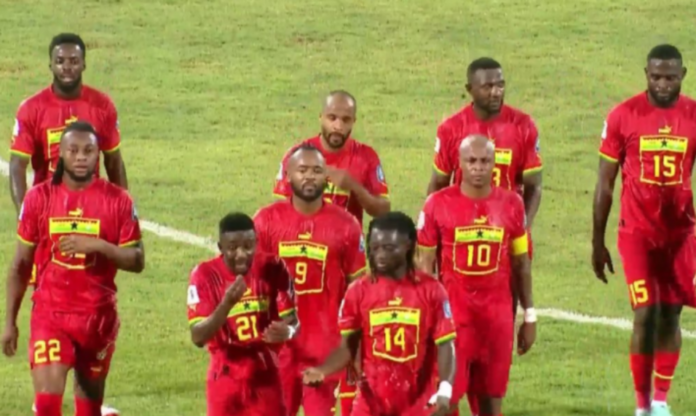In the realm of football, surprises are not uncommon, and underdogs often have their day.
However, when the underdog claims victory not once, but twice, against a football powerhouse like Ghana, it’s time to pause and reflect.
The recent defeats suffered by Ghana at the hands of Comoros in both the Africa Cup of Nations (AFCON) and World Cup qualifiers have not only raised eyebrows but have also ignited a debate about Ghana’s footballing identity. In this article, I delve into the factors contributing to Ghana’s letdown and the questions surrounding its stagnation on the international stage.
One of the glaring issues for Ghana in the recent encounters with Comoros has been the lack of intensity on the field. The team’s performance has been described as shapeless, with players seemingly disconnected and lacking cohesion.
Football is not just about individual brilliance; it’s about how well a team functions as a unit. Ghana’s recent struggles point to a breakdown in teamwork and an absence of the intense drive needed to secure victories.
Ghana, known for producing talented individual players, seems to be grappling with the challenge of fostering a collective work ethic. The team has been criticized for relying too heavily on individual skills rather than working together as a cohesive unit. The missing work ethic on the field raises questions about the team’s commitment to putting in the hard yards required for success at the international level.
A team without strong leadership is like a ship without a captain. In the recent matches against Comoros, Ghana appeared to lack a commanding figure on the field to guide and inspire the players. Leadership is not only about wearing the armband; it’s about taking responsibility, making crucial decisions, and motivating the team in times of adversity. Ghana’s struggle for a leader is evident in its on-field performances.
The defensive lapses leading to Comoros’ goals have exposed a vulnerability in Ghana’s backline. The lack of desire to tackle and seemingly static defending have left fans scratching their heads. Football matches are won and lost not just by scoring goals but by preventing the opposition from doing so. Ghana’s defensive frailties demand urgent attention and strategic restructuring.
One intriguing aspect of these defeats is the vast difference in population size between Ghana and Comoros. With a population of approximately 820,000 as of 2021, Comoros is punching above its weight in international football. This prompts a critical examination of the argument that every country is developing its football. While Comoros embraces progress, Ghana seems to be grappling with a stagnation that demands introspection.
Ghana’s recent setbacks against Comoros serve as a wake-up call for the footballing nation. The issues of intensity, cohesion, individualism, work ethic, and leadership must be addressed to restore the country’s footballing identity.
As the World Cup qualifiers progress, Ghana finds itself at a crossroads, and the response to these challenges will determine whether it remains a football powerhouse or succumbs to a prolonged period of stagnation.
The time for introspection and strategic rejuvenation is now.

